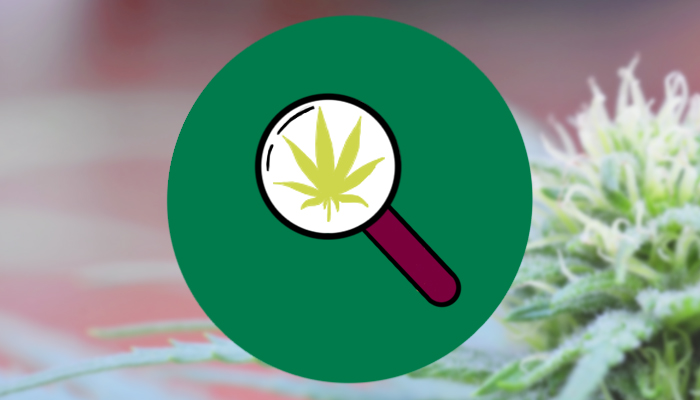How often does cannabis-induced psychosis convert into schizophrenia or other psychotic disorders?

Why was this study conducted? What does this study add? Is there anything else I should know? Starzer MSK, Nordentoft M, Hjorthoj C. Rates and predictors of conversion to schizophrenia or bipolaer disorder following substance-induced psychosis. American Journal of Psychiatry 2018;175:343-350.
Starzer MSK, Nordentoft M, Hjorthoj C. Rates and predictors of conversion to schizophrenia or bipolaer disorder following substance-induced psychosis. Am J Psychiatry 2018;175:343-350 (full article)
Why was this study conducted?
Studies have suggested the incidence of substance abuse is higher among people with psychotic disorders so understanding more about this link could help guide clinical and mental health priorities and programs. In particular, substance-induced psychosis may be an important antecedent of subsequent development of psychotic disorders. For this study, Danish administrative and medical databases were linked and a cohort of 6,788 participants was identified that 1) had no previous psychosis or bipolar disorder, 2) were diagnosed with substance-induced psychosis and 3) within the next twenty years, were diagnosed with schizophrenia or bipolar disorder. For some analyses, the study population was compared to a control population from the database with no prior diagnosis of schizophrenia or bipolar disorder, matched by sex, year and month of birth, and calendar time.
What does this study add?
The hazard ratio for people identified with substance-induced psychosis, relative to comparison subjects, was 77.3% (95% CI 65.2-91.7) for schizophrenia and 24.4 % (95% CI 20.1-29.6) for bipolar disorder. The most common cause of substance-induced psychosis was alcohol (33.8% of cases) but cannabis (24.1%) was associated with the greatest risk of conversion to schizophrenia (hazard ratio=101.7%, 95% CI 74.1-139.7) and the second-highest risk for conversion to bipolar disorder (hazard ratio = 32.5%, 95% CI 21.1-50.0). Younger age, male sex, and preexisting substance use, personality, or eating disorder were also associated with increased risk of schizophrenia. Self-harm after a substance-induced psychosis was associated with an increased risk of conversion to schizophrenia or bipolar disorder.
Is there anything else I should know?
The authors note that since data were derived from an existing registry, it was not possible to validate the diagnoses. In addition, a number of factors may influence who receives treatment for cannabis-induced psychosis and thus were captured in the registry, such as patient attitudes and socioeconomic status.
Latest, Research - Addictions and Mental Health